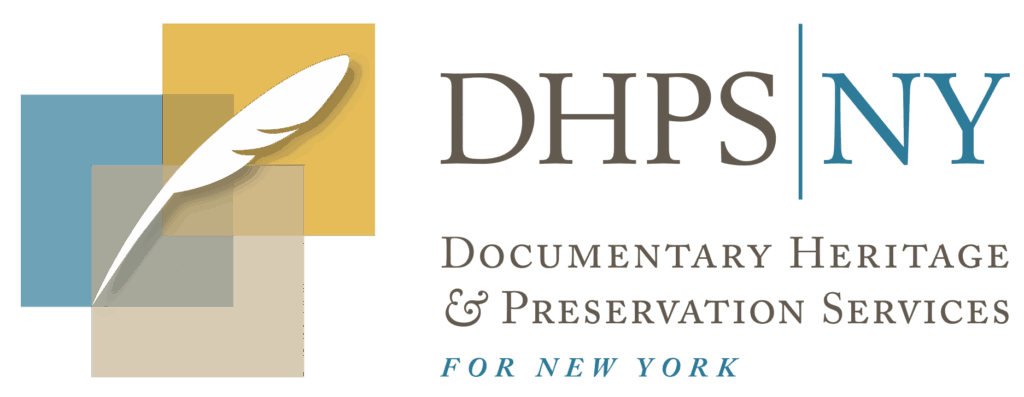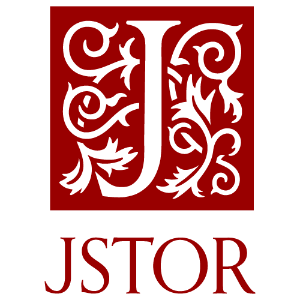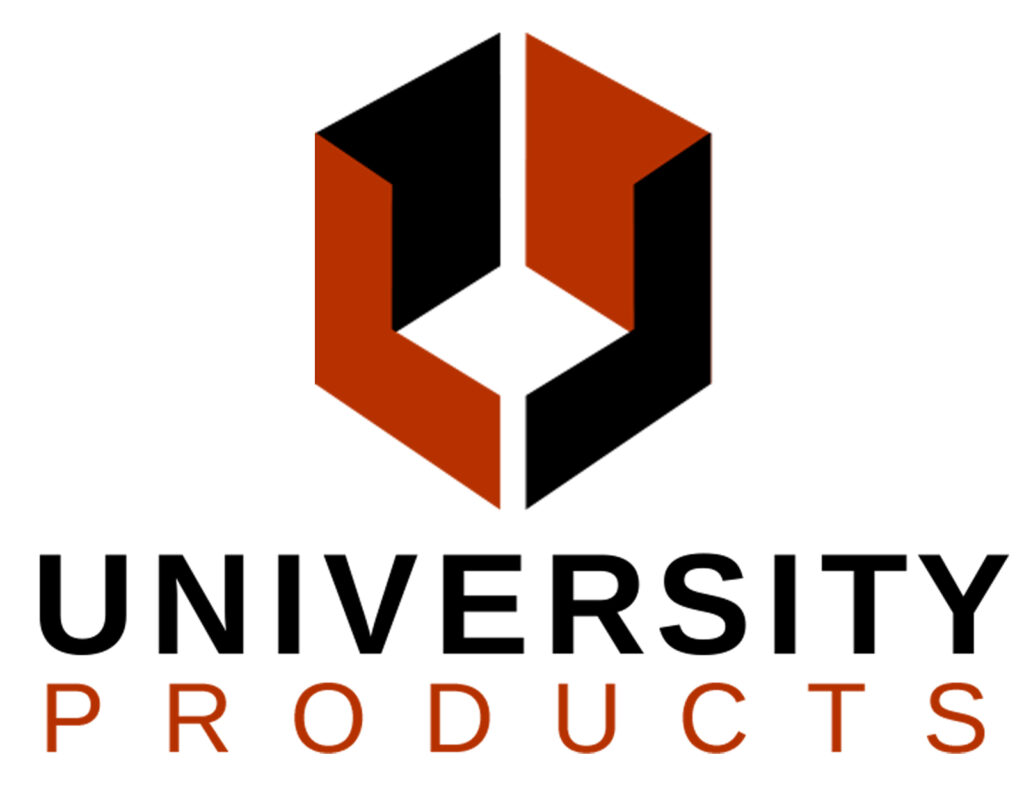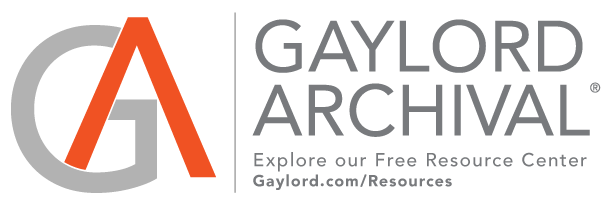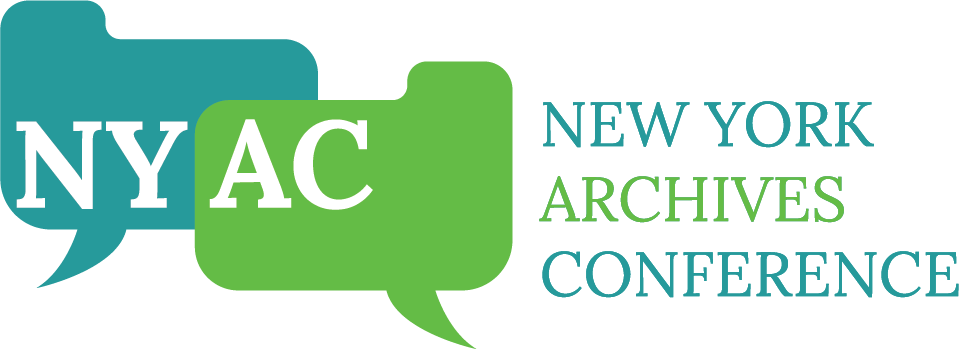Call for Proposals: New York Archives Virtual Conference 2026
Date of Conference: June 5, 2026
Format: Online
The New York Archives Conference Program Committee is now accepting session proposals from individuals living or working in New York State for our 2026 annual conference. We welcome proposals addressing a wide range of archival issues, including but not limited to:
- Selection, arrangement, and description
- Reference and access
- Preservation and security
- Outreach and advocacy
- Archives management
- Digital asset management
- Digitizing artworks, rare books, manuscripts, or sound recordings
- Tackling the backlog
- Linked data
- Ethical and legal responsibilities
- Emerging technologies, processes, and services
We especially encourage session proposals relating to diversity, equity, inclusion, and accessibility; how the archives profession can best serve, support, and collaborate with underrepresented and marginalized communities; and social justice. Submissions from students, interns, volunteers, and allied support staff are welcome.
Proposals are due Sunday, February 1, 2026. You will be notified of the Program Committee’s decision no later than February 13th, 2026.
Submit your proposal here: https://forms.gle/SpmiNnweP8sbEnZcA
Save the Date: New York Archives Virtual Conference 2026
We’re excited to announce that the 2026 New York Archives Conference will take place virtually on June 5, 2026. More details and registration information will be announced soon.
Thank you for attending this year’s conference
Stay tuned for details on next year’s conference! We expect to be opening a call for proposals sometime in Fall 2025.
In the meantime, you can view programs from previous conferences.
Become a NYAC Sponsor!
Support from sponsors helps us keep our virtual conference free-to-attend and will enable us to bring future events to fruition.
📁 Folder Tier Sponsorship ($200): We’ll feature your logo in the list of sponsors on our website, conference slides (shown during breaks), and social media posts.
📦 Box Tier Sponsorship ($600): Three minutes of airtime during our annual conference (via a pre-recorded video), allowing you to tell our attendees about your organization. And your logo featured in our list of sponsors (see above).
Email the NYAC Treasurer, Ryan Perry (rperry@clrc.org) to learn more and to sign on as a sponsor.
Thank you to our 2025 Sponsors
